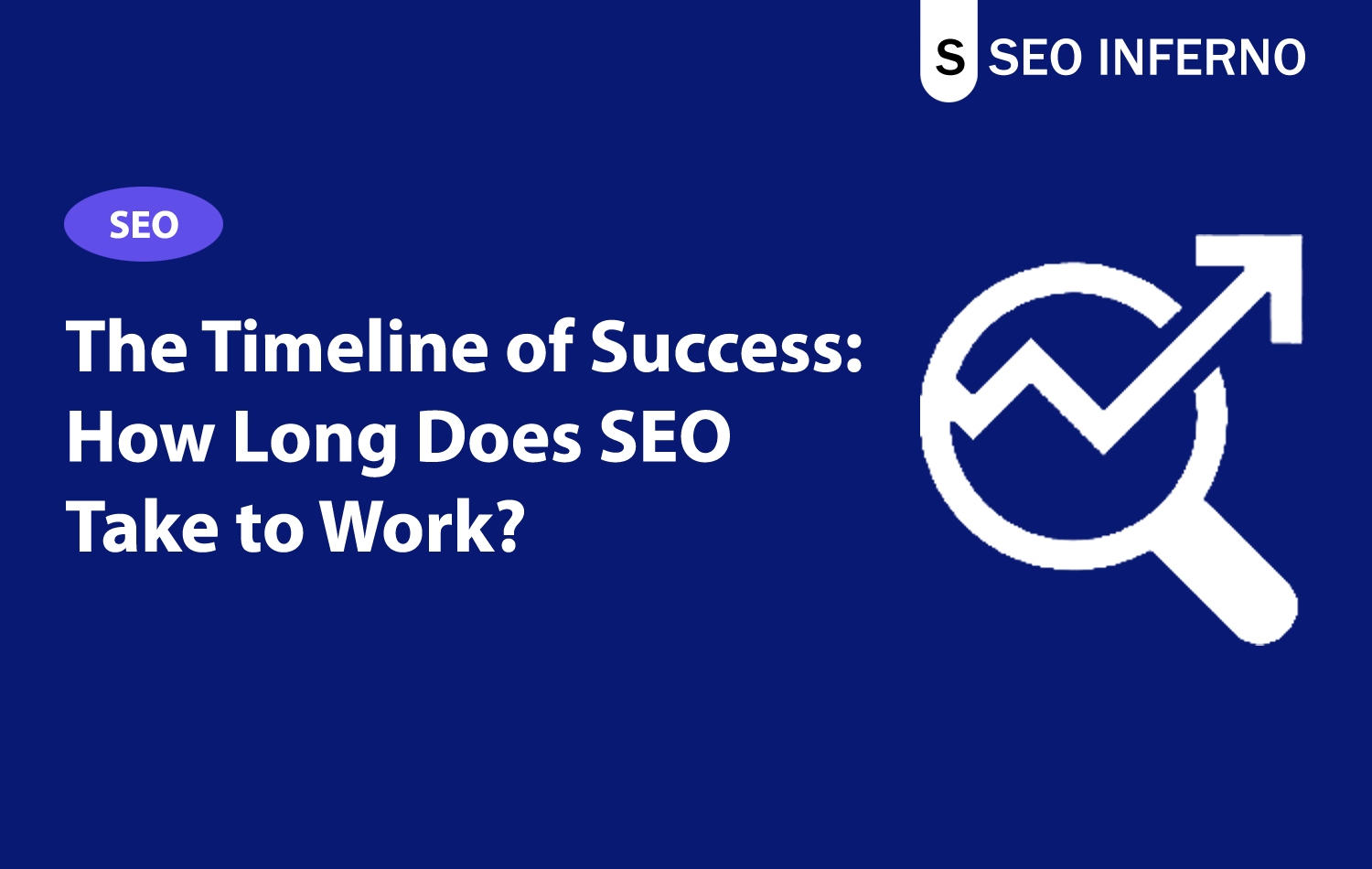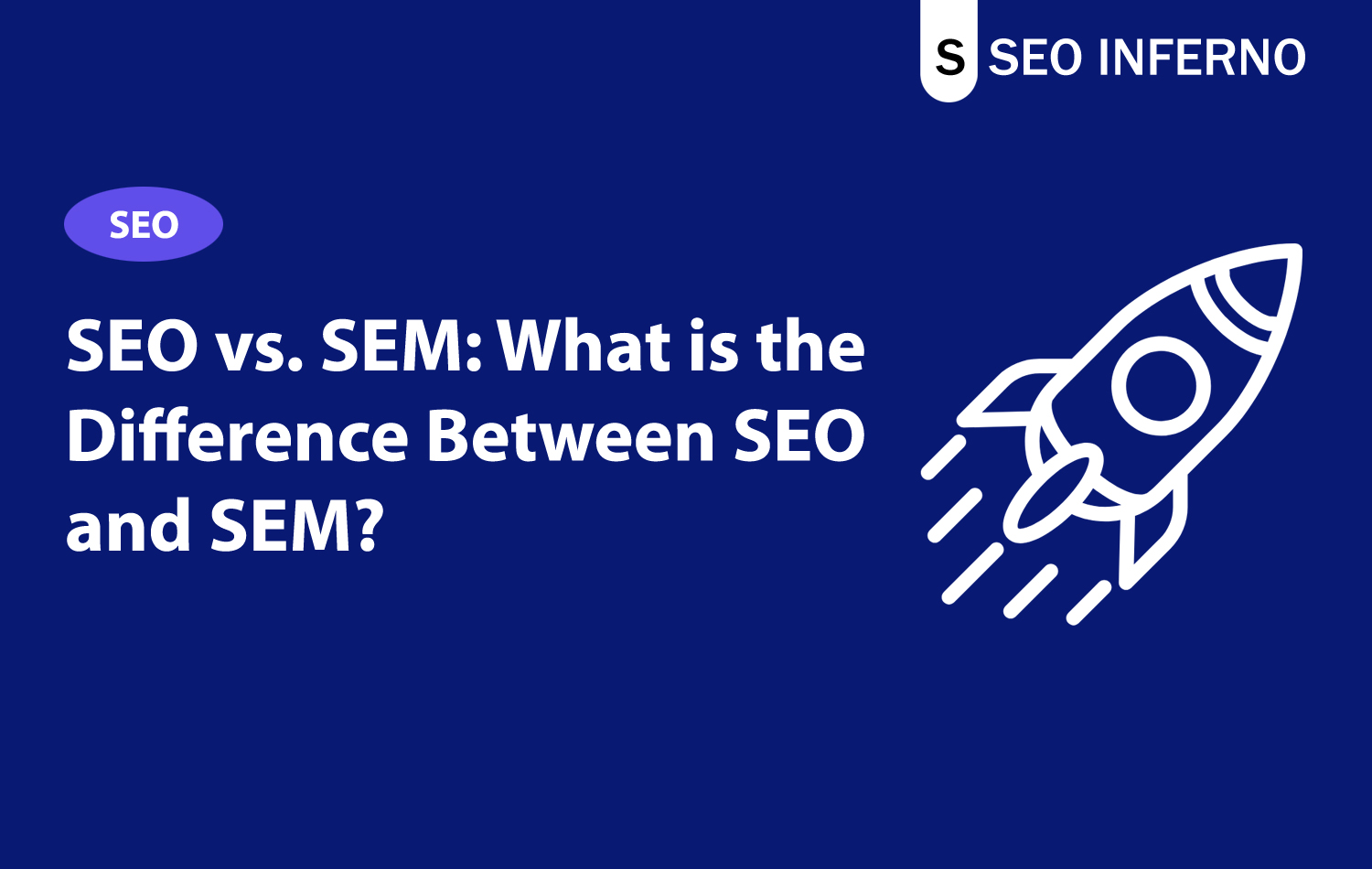Ever wondered how long it takes for SEO efforts to pay off? Dive into our comprehensive guide to understand the timeline of SEO success and what factors contribute to the speed of your results.
Introduction
In today’s digital-first world, the role of Search Engine Optimization (SEO) in driving business success cannot be overstated. SEO is the art and science of enhancing website visibility in search engines, primarily Google, to attract more organic traffic. This is crucial because organic search traffic is often a major source of visitors, leads, and, ultimately, revenue for businesses.
This blog aims to demystify SEO timing—specifically, how long it takes for SEO to take effect, a question that perplexes many business owners and SEO experts. We’ll explore the factors influencing SEO timing, such as website age and authority, content quality, keyword competition, and the implementation of SEO strategies. Additionally, we’ll delve into understanding SEO timelines strategies to expedite SEO results, measure SEO success, and encourage those committed to leveraging SEO for business growth.
Factors Influencing SEO Timing
Website Age and Authority
A website’s age and its accrued authority play pivotal roles in how quickly it can achieve SEO success. Search engines trust older websites that have established a history of providing valuable content and a positive user experience. This trust, built over time through consistent publishing and acquiring high-quality backlinks, helps older sites rank higher more quickly than newer counterparts. Thus, new website owners should focus on long-term strategies to build authority and trust with search engines.
Content Quality and Relevance
Content is the cornerstone of any successful SEO strategy. High-quality, relevant content that satisfies the intent of your audience can dramatically improve your search engine rankings. Search engines aim to provide users with the most relevant answers to their queries, and they use sophisticated algorithms to evaluate the quality and relevance of web content. Websites that consistently create compelling, useful content tailored to their target audience’s needs are more likely to see quicker and more substantial SEO gains.
Keyword Competition
The level of competition for your target keywords is a significant factor in the time it takes to see SEO results. Highly competitive keywords, with large volumes of search queries, can take longer to rank for due to the sheer number of websites vying for the top spots. Focusing on less competitive, niche-specific keywords can be a more effective strategy for new or smaller websites looking to see quicker improvements in their SEO performance.
SEO Strategies and Implementation
The specific SEO strategies employed and the efficiency of their implementation directly impact the timing of SEO results. A well-rounded SEO approach that includes on-page optimization, quality backlink acquisition, and technical SEO improvements can accelerate the process. However, SEO is not a one-size-fits-all endeavor; strategies must be tailored to the unique needs and goals of each website, requiring ongoing adjustments based on performance data.
Understanding SEO Timelines
SEO is a long-term investment; significant results don’t happen overnight. The distinction between short-term and long-term SEO strategies is crucial for setting realistic expectations. Short-term strategies, such as optimizing existing content for specific keywords, can yield improvements in a matter of weeks or months. In contrast, long-term strategies, like building a site’s authority or improving its backlink profile, may take six months to a year—or even longer—to fully manifest their benefits.
Realistic timelines for SEO success vary widely but typically range from six months to a year for visible improvements in rankings and traffic. For example, a new website focusing on a niche market might start seeing increased organic search visibility within a few months, while more competitive markets might require a year or more of dedicated SEO effort before significant gains are realized.
Strategies to Speed Up SEO Results
Accelerating SEO success involves a combination of optimizing website architecture, creating high-quality content, building a robust backlink profile, and conducting regular site audits.
- Optimizing Website Structure and Speed: A fast, user-friendly website is more likely to rank well in search engines. Improvements can include optimizing images, reducing server response times, and ensuring mobile responsiveness.
- High-Quality Content Creation: Regularly publishing engaging, informative content that meets the needs of your target audience can quickly improve your SEO standings. This includes using the right keywords, addressing user queries, and providing value that sets your content apart.
- Building Backlinks: Acquiring backlinks from reputable sites within your industry signals to search engines that your content is valuable and trustworthy, boosting your site's authority and rankings.
- Regular SEO Audits and Adjustments: Continuous monitoring and tweaking of your SEO strategy based on performance analytics allow for the identification and correction of issues that could be hindering your search rankings.
Measuring SEO Success
Effectively measuring the success of SEO efforts is critical for understanding what’s working and where adjustments are needed. This involves setting realistic Key Performance Indicators (KPIs), such as organic traffic levels, search rankings for targeted keywords, engagement metrics (like bounce rate and average session duration), and conversion rates.
Tools like Google Analytics and Google Search Console are invaluable for tracking these metrics, offering insights into how users find and interact with your website. Additionally, SEO platforms like SEMrush, Ahrefs, and Moz provide advanced features for deeper analysis of keyword performance, backlink profiles, and competitor strategies.
Understanding how to interpret this data is key to refining your SEO approach. For instance, an increase in organic traffic is a good sign, but it’s more important to ensure that this traffic is relevant and engaging with your content in meaningful ways.
Conclusion
SEO is a marathon, not a sprint. It requires patience, persistence, and a strategic approach to overcome challenges and achieve lasting success. While the time it takes for SEO to take effect can vary greatly, understanding the factors that influence this timeline and implementing effective strategies can significantly enhance your efforts. Remember, the goal of SEO is not just to increase rankings and traffic but to drive meaningful engagement and conversions that contribute to your business’s growth. Stay committed, continuously optimize, and the results will follow.




